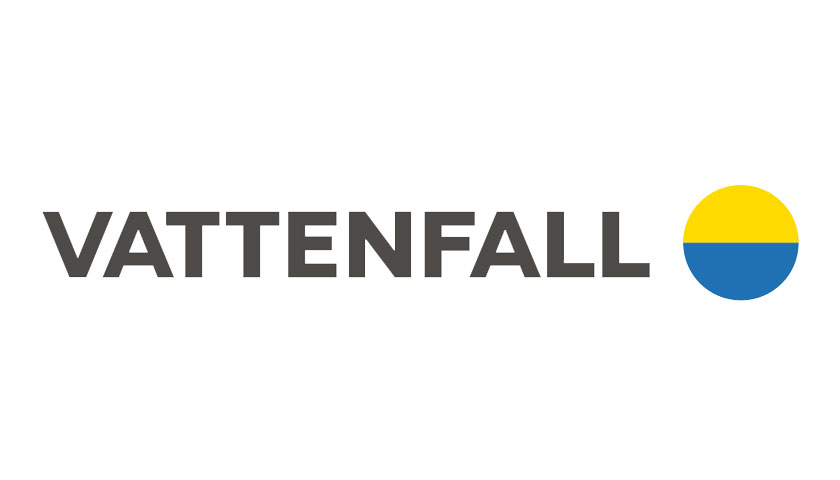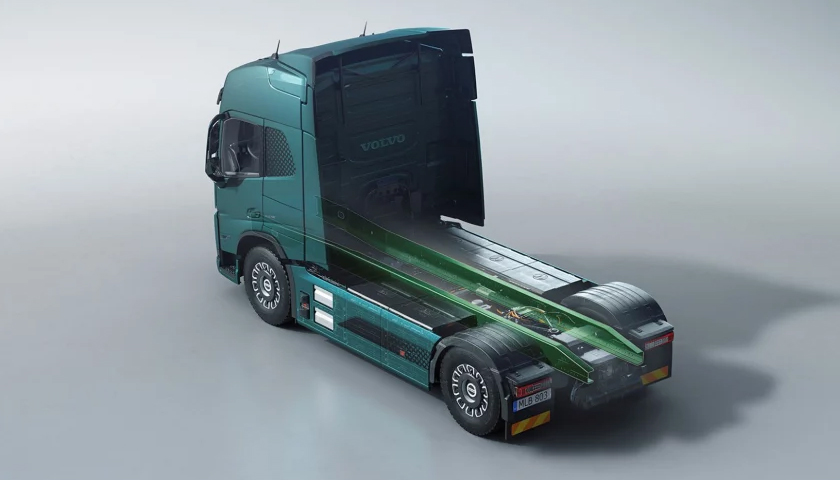In July, SSAB Oxelösund rolled the first steel produced using HYBRIT technology, i.e., reduced by 100% fossil-free hydrogen instead of coal and coke, with good results. The steel is now being delivered to the first customer, the Volvo Group.
“It’s very pleasing that the HYBRIT partnership is once more taking an important step forward and that SSAB can now produce the first fossil-free steel and deliver to the customer. This shows how partnerships and collaboration can contribute to reducing emissions and building competitiveness for industries. Electrification is contributing to making fossil-free living possible within one generation,” says Anna Borg, President and CEO of Vattenfall.
“Industry and especially the steel industry create large emissions but are also an important part of the solution. To drive the transition and become the world’s first fossil-free welfare state, collaboration between business, universities and the public sector is crucial. The work done by SSAB, LKAB and Vattenfall within the framework of HYBRIT drives the development of the entire industry and is an international model”, says Minister of Trade and Industry of Sweden Ibrahim Baylan.
“The first fossil-free steel in the world is not only a breakthrough for SSAB, it represents proof that it’s possible to make the transition and significantly reduce the global carbon footprint of the steel industry. We hope that this will inspire others to also want to speed up the green transition,” says Martin Lindqvist, President and CEO of SSAB.
“It’s a crucial milestone and an important step towards creating a completely fossil-free value chain from mine to finished steel. We’ve now shown together that it’s possible, and the journey continues. By industrializing this technology in the future and making the transition to the production of sponge iron on an industrial scale, we will enable the steel industry to make the transition. This is the greatest thing we can do together for the climate,” says Jan Moström, President and CEO of LKAB.
SSAB, LKAB and Vattenfall created HYBRIT, Hydrogen Breakthrough Ironmaking Technology, in 2016, with the aim of developing a technology for fossil-free iron- and steelmaking. In June 2021, the three companies were able to showcase the world’s first hydrogen-reduced sponge iron produced at HYBRIT’s pilot plant in Luleå. This first sponge iron has since been used to produce the first steel made with this breakthrough technology.
The goal is to deliver fossil-free steel to the market and demonstrate the technology on an industrial scale as early as 2026. Using HYBRIT technology, SSAB has the potential to reduce Sweden’s total carbon dioxide emissions by approximately ten per cent and Finland’s by approximately seven per cent.
FACTS: HYBRIT project
- The HYBRIT initiative was launched in 2016 by the three owners; SSAB, LKAB and Vattenfall.
- With the HYBRIT initiative, SSAB, LKAB and Vattenfall intend to create a completely fossil-free value chain from mine to finished steel, with fossil-free pellets, fossil-free electricity and hydrogen.
- The pilot facility for the production of fossil-free sponge iron in Luleå was commissioned on 31 August 2020.
- On 24 March 2021, Gällivare was chosen as the location for the planned demonstration facility for industrial scale production. Sponge iron is used to make steel.
- In May 2021, construction commenced of a storage facility for fossil-free hydrogen gas on a pilot scale next to HYBRIT’s pilot facility for direct reduction in Luleå.
- Hybrit Development AB is a research and technology development company that will be delivering solutions to the facilities. Technological development will take place in close partnership with the holding companies.
- The steel industry today accounts for 7 percent of total global carbon dioxide emissions.
- Fossil-free iron and steel production using HYBRIT technology, corresponding to SSAB’s current production level, will require approximately 15 TWh per year. This will require permit granting processes to be faster and easier to acquire for the expansion of Sweden’s electricity network and generation.

